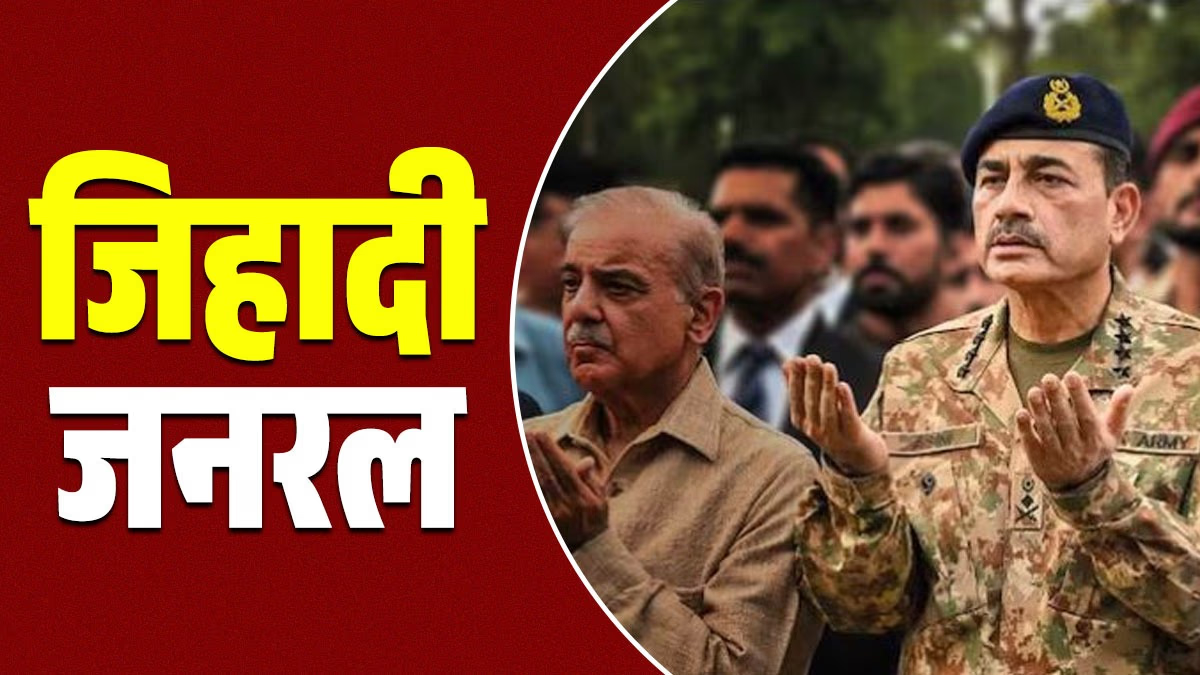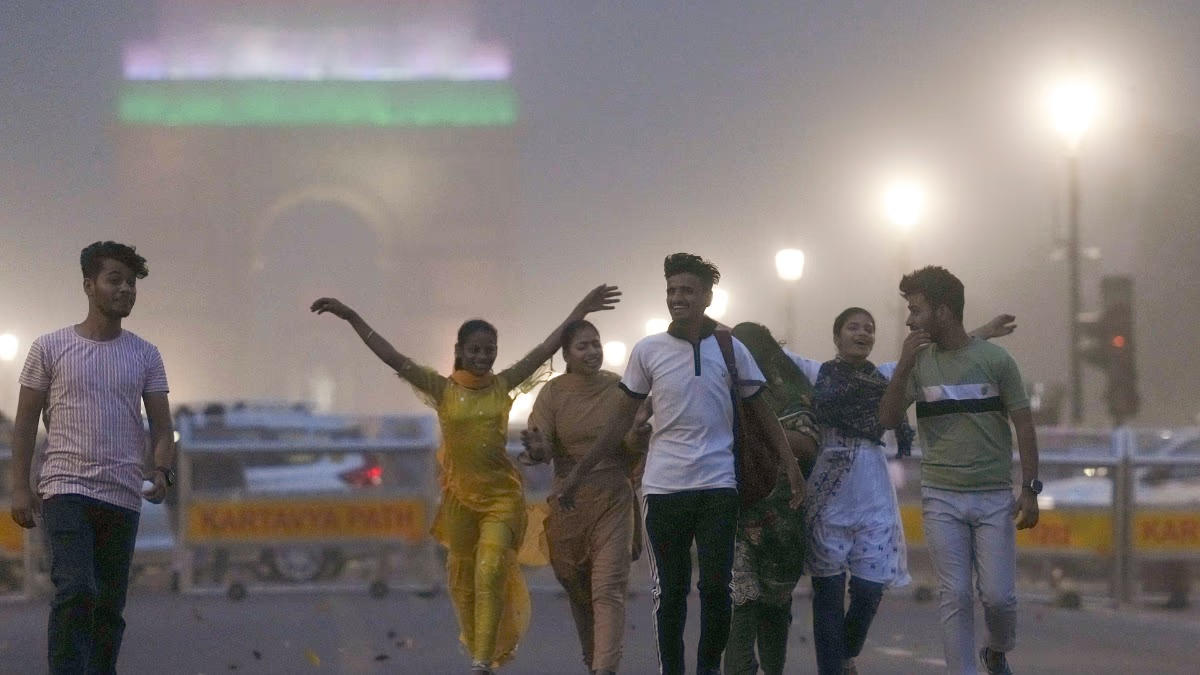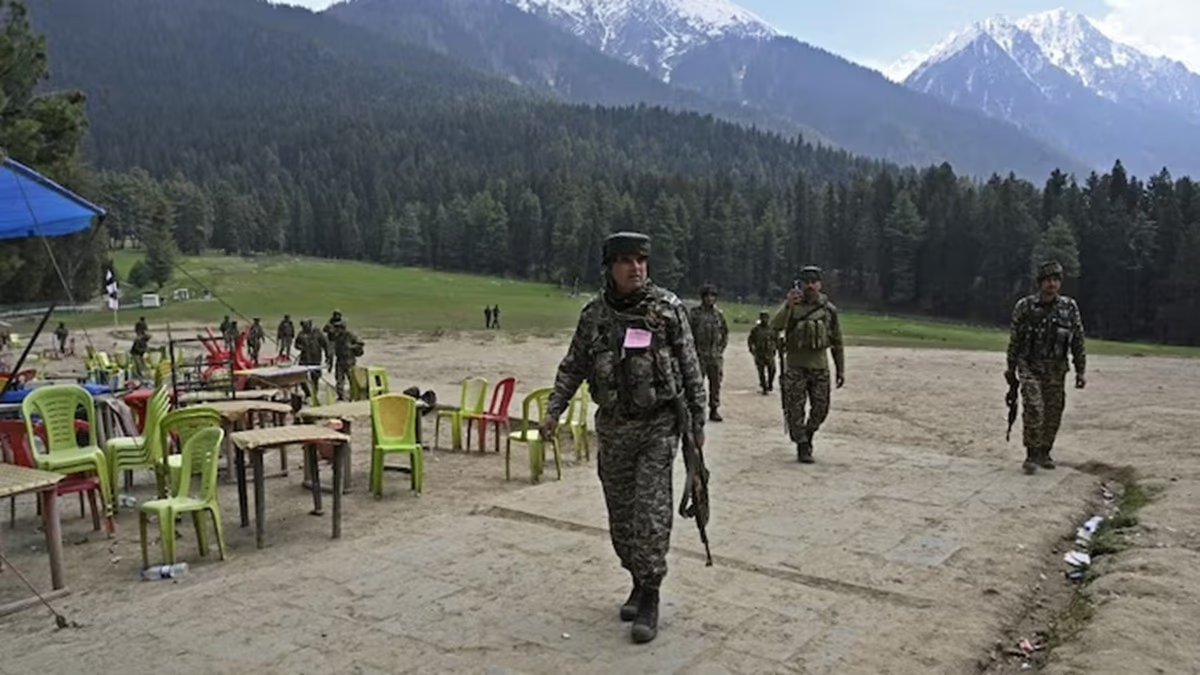"Muslims are distinct from Hindus in every way - be it religion, customs, traditions, thoughts, or aspirations. This fundamental belief led to the Two-Nation Theory (the partition of India), asserting that Muslims and Hindus are separate entities. Pakistan was achieved with immense struggle and sacrifice, and it is the army's duty to defend our country. Our forefathers gave much to establish Pakistan, and we understand how to protect it."
The above statement isn't from a cleric, but from Pakistan's Army Chief, Asim Munir. His words were linked to the Pahalgam attack. Without the army uniform, it might be hard to believe these words belong to an army officer charged with Pakistan's defense. However, this officer seems more focused on emphasizing differences between Muslims and Hindus than his country's progress and responsibilities.
Some might deem it a coincidence, but the truth is, right after Munir's incendiary speech, a terror attack struck Pahalgam, and attackers from Pakistan specifically targeted Hindus. This is hardly surprising, given Pakistan's army and the spy agency ISI have long harbored and nurtured terrorists, making Munir's involvement in the attack quite apparent.
Experts echo similar sentiments, questioning if Munir's speech at the Pakistani convention introduced anything new or if it's just an extension of his usual mindset. The answer is no. Those in the know describe Asim Munir as someone raised amidst radical jihadist thought, filled with nothing but hatred. He typically avoids the limelight, choosing instead to strike from the shadows, earning him the moniker of 'mullah general' due to his speeches.
Born to a mosque imam and a school teacher, Munir's journey to the top of Pakistan's army is full of highs and lows. His early education took place at Rawalpindi’s Markazi Madrasa Dar-ul-Tajweed, though he later graduated from the Officers Training School in Mangla in 1986, joining the 23rd Battalion of the Frontier Force Regiment. His radical mindset is evident, as he was extremely influenced by Pakistani General Zia-ul-Haq and many experts believe his rise within the army reflects this ideology.
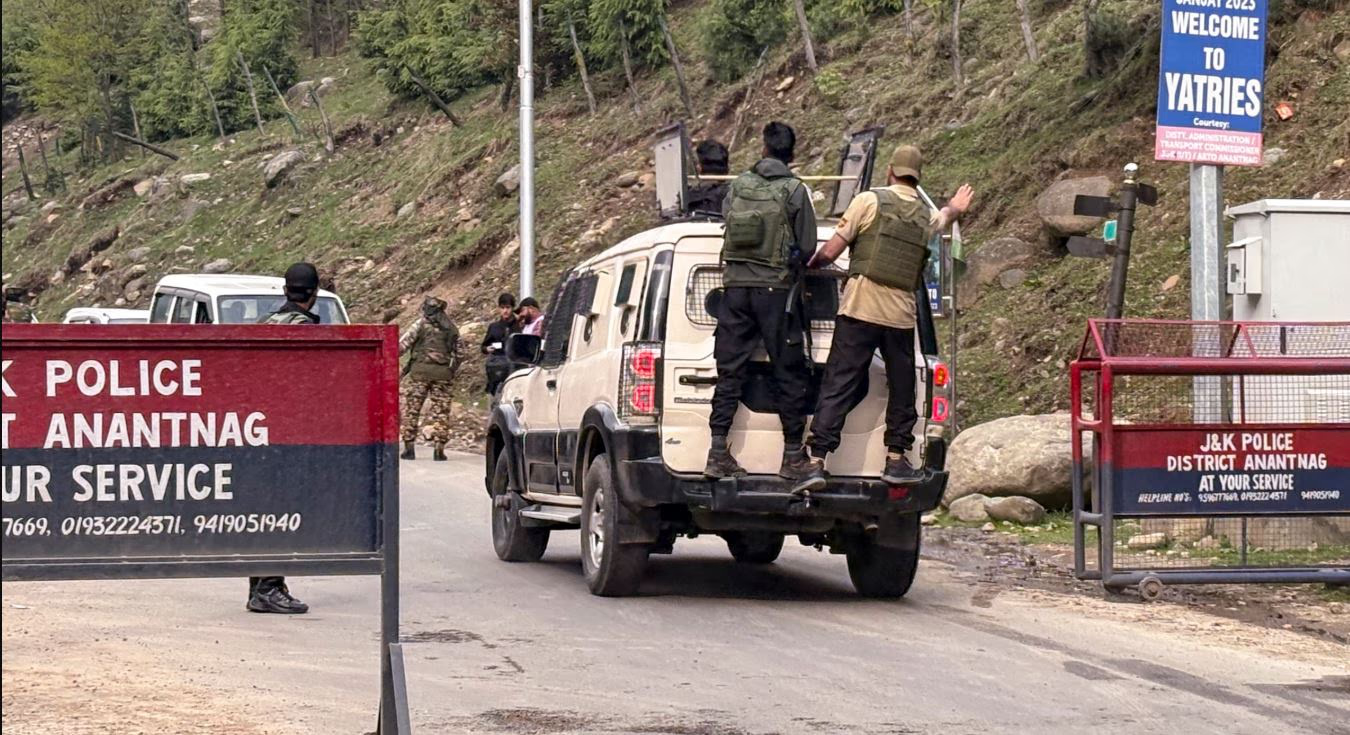
Source: aajtak
While serving as a military attaché in Saudi Arabia, Munir memorized the entire Quran by age 38, earning the title Hafiz-e-Quran. Despite his proficiency in Quran, Urdu, Arabic, and English, he used this knowledge to immerse youth in fanaticism rather than guiding them on the right path.
Known for skillfully blending English, Urdu, and Arabic in his speeches, Munir often quotes the Quran to influence both formal and official gatherings with religious fervor. On April 15, in a speech, he portrayed Pakistan’s foundation as connected to Islamic creed, attempting to belittle India and Baloch rebels simultaneously. He stated, "When 1.3 million strong Indian forces couldn't crush us, how can a few Baloch miscreants threaten Pakistan?" His speech revolved around Islam, Hindus, Hindustan, and Kashmir.
Contrary to most top Pakistani army officers who often represent Pakistan abroad, Munir has never studied overseas. Yet, he climbed from ISI Chief to the highest army position. In early 2017, Munir was appointed as DG MI, and the next year, he received the Hilal-e-Imtiaz award.
Afterward, Munir faded into obscurity as ISI Chief, leading to the devastating Pulwama attack in February 2019, yet holding this position for just eight months marked the shortest tenure for any ISI Chief. Subsequently, Munir challenged then-Prime Minister Imran Khan and investigated corruption allegations against Khan’s wife, Bushra Bibi.
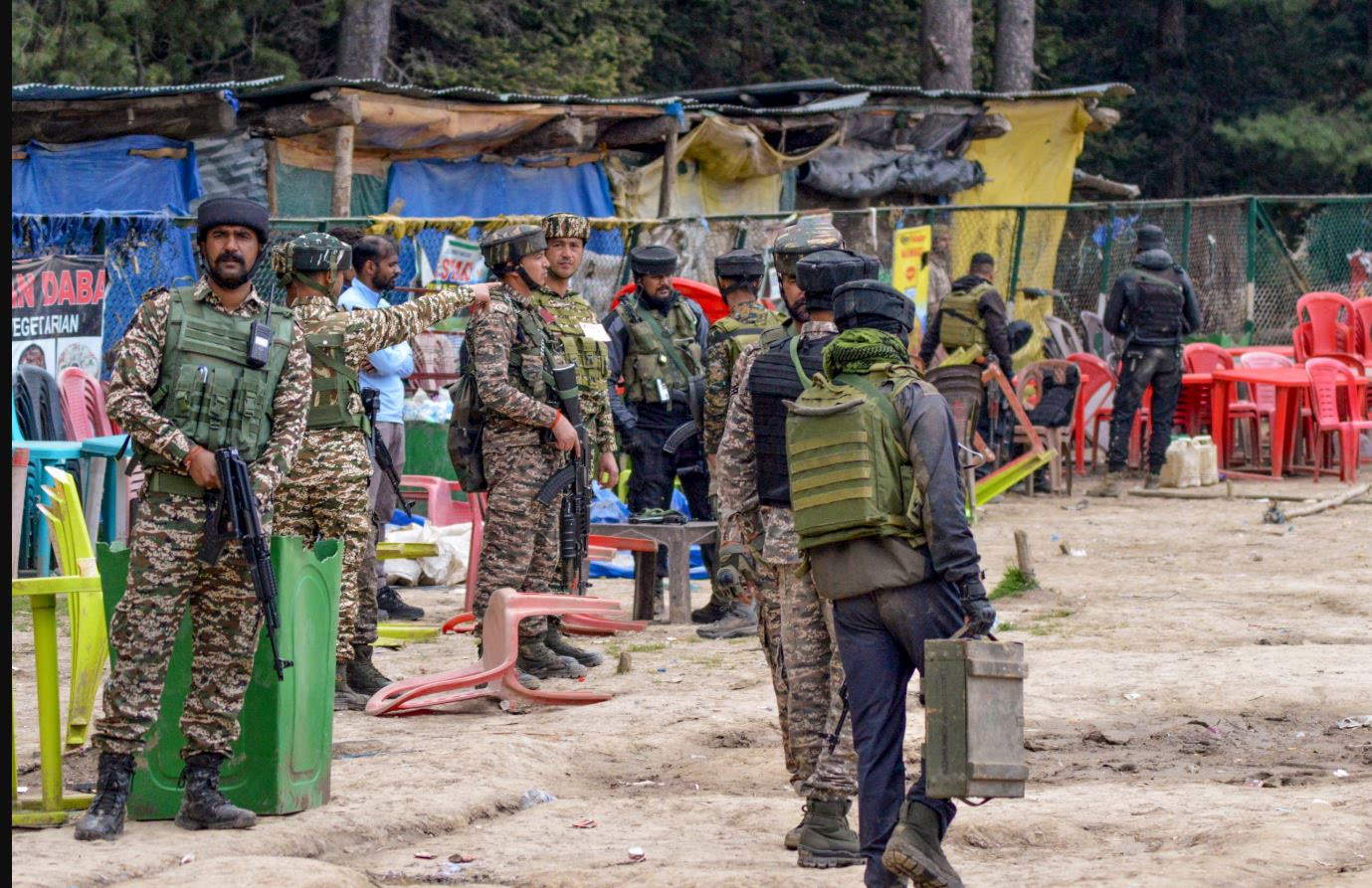
Source: aajtak
Following Imran’s directive, then-Army Chief Qamar Javed Bajwa transferred Munir to the XXX Corps. Munir's luck turned remarkably when he was appointed Army Chief just three days before retirement in November 2022. By then, Imran Khan had lost power, potentially rewarding Munir for his anti-Imran stance. However, after taking charge, the Pakistani army faced unprecedented challenges under his leadership.
In 2024, during Pakistan’s general elections, Imran Khan’s party, Pakistan Tehreek-e-Insaf (PTI), was barred from contesting. Though Khan and his party were sidelined, the Pakistani army’s reputation took a hit domestically. Currently, Munir faces significant opposition from a faction of military officers and soldiers, in addition to diverse challenges across different fronts.
The Balochistan Liberation Army (BLA) maintains assaults on the Pakistani army, while tensions simmer with the Pakistani Taliban and Afghanistan’s government. On March 11, the BLA hijacked the Jaffer Express, resulting in 64 casualties. As such, Munir may attempt to rally opinion with provocative speeches, yet his inflammatory remarks in Islamabad now haunt him since many believe they inspired terrorists to attack India.
